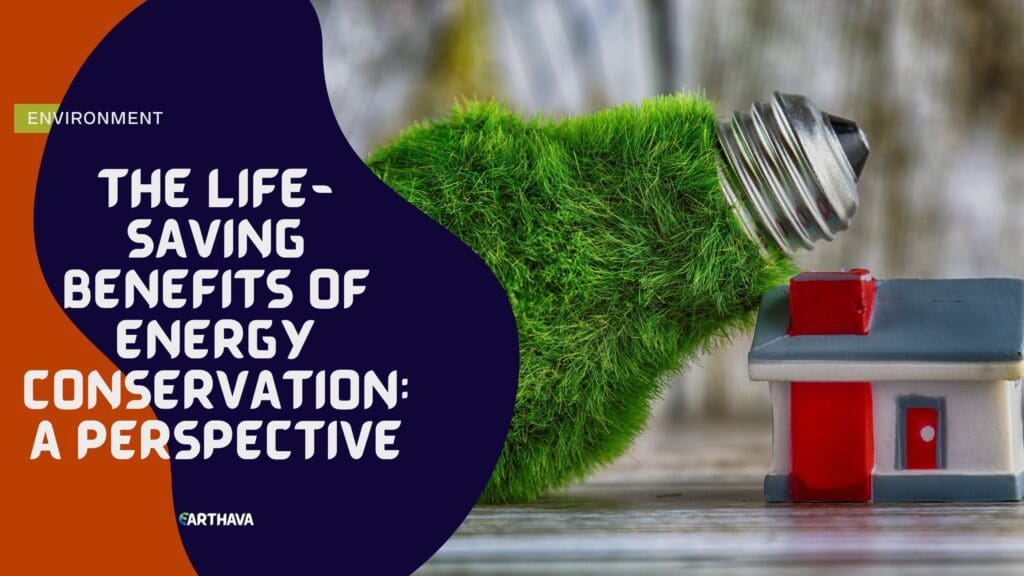Whenever we talk about saving energy and becoming more energy-efficient, it’s most often talked about in the context of saving us money. While saving money is quite important, that’s not the only benefit to be gained from being more conscious about our energy-related decisions and impacts.

What’s not often talked about is that our energy decisions can impact our health and the health of others around us. To put things into perspective, let’s look at energy efficiency across the United States.
If energy usage was reduced by 15% a year across the nation, you would be able to prevent 30,000 asthma episodes annually and save the healthcare system up to $20 billion in the resulting prevented or reduced health harms, according to the American Council for an Energy-Efficient Economy. And this is only a simple example of the effects of energy inefficiency on our health.
Asthma and other respiratory diseases

Some people might think that asthma affects only a small, insignificant portion of the human population. Well, that’s not at all the case. According to the Centers for Disease Diagnoses and Prevention (CDC), approximately 7.9% of the United States population has asthma and the annual mortality rate for asthma is around 9.9 per 1 million.
By employing energy-saving methods, we could prevent around 6 deaths per day that would be otherwise linked to energy inefficiency. On a global scale, approximately 2 million deaths are due to household air pollution, according to the World Health Organization.
Energy inefficiency and heart diseases
At this point, you might be wondering ‘How exactly does energy inefficiency harm our health?’ In a nutshell, burning coal, oil, or natural gas releases fine particulate matter that can enter your lungs or even your bloodstream.
The results of breathing in particulate matter vary – it can go from something as serious as an increased likelihood of heart attacks, or other minor health concerns such as coughing. In addition, an article by Tox Town states that coal power plants can release radiation, as well as other pollutants related to cancer or harmful effects on learning and memory.
It’s also important to know that while particle pollution from burning non-renewable energy sources such as coal significantly affects older individuals and people with heart and lung disease, it doesn’t mean that it doesn’t affect everyone. For example, long-term exposure to particle pollution can result in an otherwise healthy adult developing chronic bronchitis, according to the United States Environmental Agency. While bronchitis might not be the worst illness out there, it can still significantly decrease your quality of life.
Life-threatening temperature increases

And there is also climate change. Many people don’t know that it can have a significant impact on health – we’re not just talking about it being a few degrees warmer on the occasional hot summer day.
Heatwaves which may see an increase in intensity as a result of high carbon emissions can reach 35˚C or higher on the wet-bulb temperature scale, according to an article by The Guardian. At 35˚C on the wet-bulb temperature scale, sweating no longer cools the body and this high of temperature can be extremely harmful, or even lethal, if experienced for prolonged periods.
A research article from Science Advances reports that if greenhouse gas emissions aren’t lessened significantly, potentially lethal heatwaves are projected to occur in Southeast Asia within the next century (2071-2100), where approximately one-fifth of the world’s population resides. This drives home the point that being more energy efficient doesn’t only affect your health, it can have a positive impact that reaches the other side of the world.
All this talk about what happens and can happen due to energy inefficiency is enough to make anybody’s head spin. A lot of what we’ve looked at so far has been about what we can prevent if we save energy.
Improving the environment and your health
So, why not take a look at what we can stand to gain from improving energy consumption and efficiency instead of what we could lose?
A research study published in Environmental Health Perspectives found that office workers who worked in green buildings (in other words, more energy-efficient buildings) had better cognitive function than in conventional buildings.
That means more productivity during the day and fewer instances of sick building syndrome, which is linked to poor air quality and has various symptoms, including headaches and difficulty concentrating.
As you can see, energy efficiency can have a real-life, tangible impact on your health and the health of those around you. Applying energy efficiency to our lives could be as easy as replacing old bulbs for LED lighting, or buying a smart thermostat or Energy Star-certified appliances. Of course, there is much more we can do, but it is essential to know that every small change can help us save energy — and improve our health.
We often talk about helping the world as if it were something too ambitious or impalpable, so it’s interesting to take a look at this issue on a small scale. Being more conscious about our energy usage makes the environment around us more habitable to live in and sure that it will continue being like that for generations to come.


